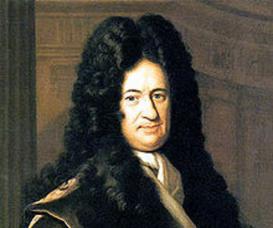My doctoral dissertation analyses the various networks in which the seventeenth-century polymath Gottfried Leibniz was involved and that he himself set up—in particular through his correspondence—between the Republic of Letters, scientific institutions, artisanal milieux, and the court. Leibniz was as socially mobile as the system of knowledge he partook in and contributed to building up was fluid. He moved in and out of circles, gathering and disseminating information between his correspondents, probing the validity of “curiosities,” promoting his scientific agenda at court, and supporting technical—and often commercial—ventures. For him, ultimately, Theoria cum praxi, theoretical knowledge, should always yield practical applications. The range of his activities was staggering and multifaceted: it included the promotion of scientific societies, the production of phosphorus and of a calculating machine, the promotion of medical measures, an engineering project for a new pumping system in the Harz mines, as well as numerous advances in the realms of mathematics, physics and mechanics.

Gottfried Leibniz
Project
(2019)
